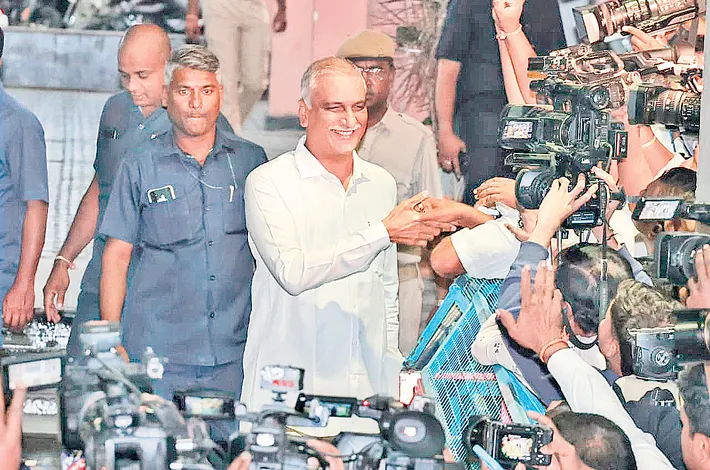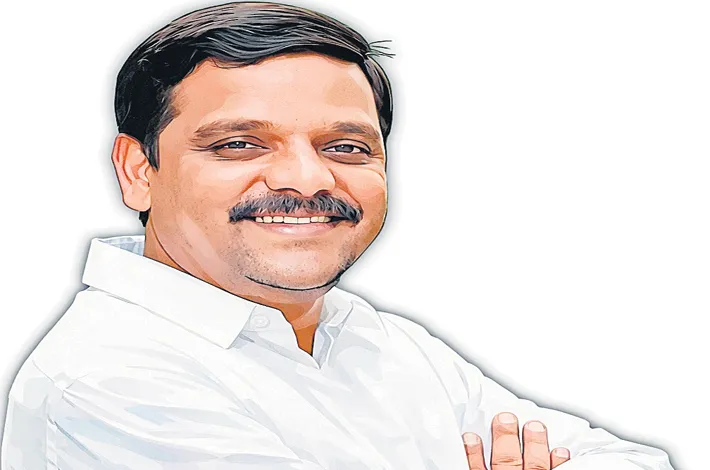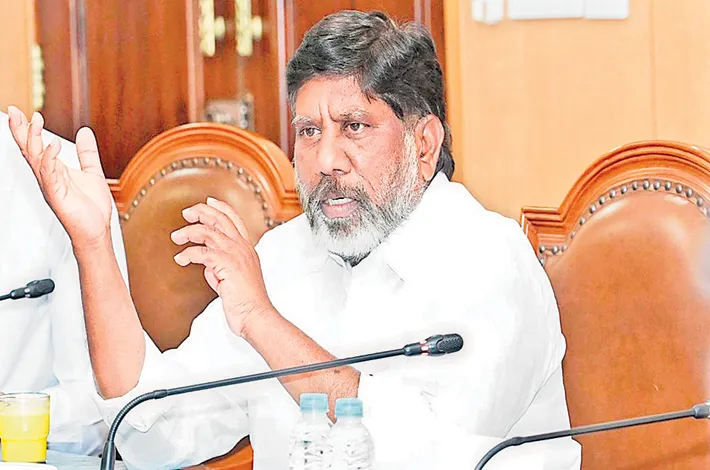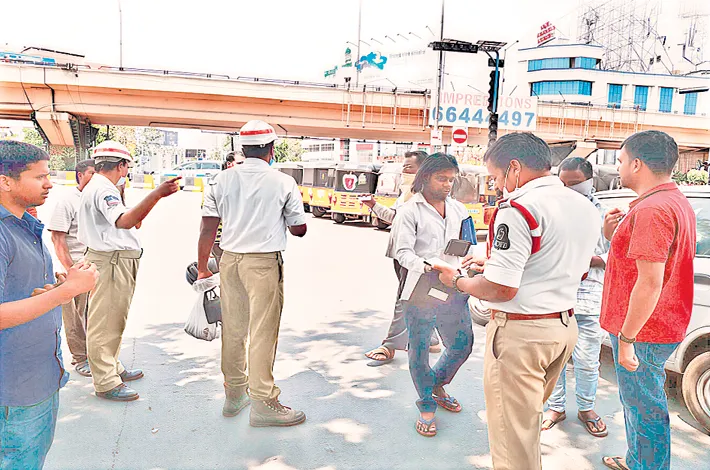Tryst with Bihar: The Bihar Chapter of My Life
04-11-2025 12:00:00 AM
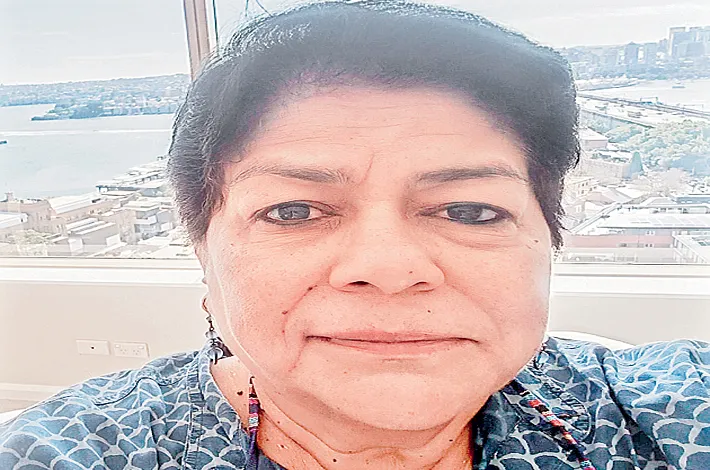
It was 1991, a year etched in the collective memory of India for its seismic shifts and shadows of tragedy. I remember my last visit to Bihar with the vividness of a half-faded photograph—yellowed at the edges, but the faces and frenzy still sharp. I was a young journalist then, brimming with the untested optimism of someone who believed every story held the key to unlocking the world's secrets. Though I was tethered to the desk, shepherding 16 pages of the magazine section for Newstime, an English daily from the Eenadu stable, I loved the rhythm of it all: the clatter of typewriters, the scent of fresh ink, the thrill of curating voices from across the nation. Yet, deep down, a restlessness gnawed at me. I wasn't proving my mettle, not really—just arranging words on a page, not chasing them through the dust and din of real life.
Election season hung heavy in the air that year, a feverish pulse across the country. Emboldened by ambition and a dash of naivety, I marched into the editor's sanctum—Mr. S.R. Ramanujan's office, a fortress of piled manuscripts and cigarette haze—and demanded why I wasn't being dispatched to cover the polls. His response was swift, almost casual, like swatting a fly: "Go to Bihar." I stood there, stunned, my mouth agape like a landed fish. Bihar? The heartland of intrigue, yes, but also a labyrinth of caste cauldrons and political quicksand. Me, a wide-eyed newcomer from the south? But shock gave way to resolve, and within days, I was airborne, hurtling toward Patna's chaotic embrace.
Landing in Bihar felt like stepping into a novel by Premchand—raw, pulsating, alive with the clamor of street vendors hawking samosas laced with fiery chutney and the distant rumble of campaign trucks blaring promises in Bhojpuri. My four-day stint there was a whirlwind of excitement, a baptism by fire that reshaped my understanding of journalism. I couldn't have navigated it alone; the kindness of local reporters became my lifeline. My first ally was Faizan Ahmedji, a towering figure in Patna's press corps. Back then, he juggled assignments for India Today, The Telegraph, and Times of India; today, he freelances with the grace of a veteran, contributing to AIR and Doordarshan while mentoring the next wave. His seasoned eye cut through the chaos—he arranged drivers, decoded local slang, and shared tales over endless cups of chai that tasted of cardamom and conspiracy. "Bihar doesn't reveal itself easily," he'd say with a wry smile, his voice a gravelly anchor in the storm.
Others joined the fold: Indrajit Singh, with his encyclopedic knowledge of polling booths, and a handful of stringers who ferried me through dusty backroads. Even now, decades later, a few emails and calls keep those bonds flickering like Diwali lamps.
My itinerary was ambitious, if haphazard. First stop: Kishanganj, a verdant border district where the air hummed with Urdu poetry and the scent of blooming mustard fields. I'd hoped to corner the young M.J. Akbar, then a rising star whose eloquence could sway crowds like monsoon winds. But fate, ever the prankster, intervened—he couldn't make it, leaving me with a notebook full of echoes from his supporters instead. Undeterred, we pressed on to Ara, a sun-baked town where election fervor simmered like a pressure cooker, and a smattering of other hamlets whose names blur now in memory: Chapra's riverine whispers, Muzaffarpur's lychee-laden lanes. Each day, I'd dispatch hurried reports from cyber cafes that doubled as tea stalls—sketches of rallies where speakers thundered against the status quo, portraits of voters queuing under banyan trees, their faces etched with hope and hardship.
But the crown jewel was my interview with Lalu Prasad Yadav. It was a coup, pure serendipity wrapped in audacity. I'd crashed a roadside strategy session, microphone in hand, heart pounding like a dhol at a wedding. Lalu, with his folksy charisma and razor wit, leaned into the moment, spinning yarns of socialist dreams and Mandal machinations that made headlines back home. His laughter boomed like thunder over the Ganges, disarming yet defiant—a man who wore his controversies like a badge. As we wrapped up, our taxi veered away from an election booth just as a bomb sailed overhead, a crude explosive that shattered the afternoon's fragile peace. The blast's echo faded into the ether of my recollections, overshadowed by the adrenaline rush, but it underscored Bihar's volatile underbelly, where politics danced on a knife's edge.
Return was meant to be by train, a languid journey through the plains. Instead, on May 21, 1991, the world tilted. News crackled over radios: Rajiv Gandhi assassinated in Sriperumbudur. Shock rippled through the nation like a aftershock; trains ground to a halt, borders sealed in grief. Stranded for a day in a Patna guesthouse, I watched the chaos unfold—crowds milling in disbelief, newspapers hawking extras with black-bordered headlines. Finally, a flight whisked me back, leaving Bihar's dust on my shoes and a fire in my veins.
That interlude planted seeds that lay dormant for 35 years. In this era of news-a-minute, where algorithms dictate narratives and Instagram reels eclipse in-depth dispatches, I craved a full-circle reckoning. To feel alive amid the ghosts of deadlines past, surrounded by senior reporters whose bylines once inspired awe, and stalwart politicians whose oratory could still stir souls. Bihar, with its hopping prospects and resilient heartbeat, called me back—not to dissect the machinations of power, now the domain of pixel-perfect youngsters scrolling through feeds, but to unearth the Bihari spirit: that indomitable weave of humor, hospitality, and quiet defiance that turns adversity into anthem.
Reconnecting was effortless, like slipping into an old kurta. I rang Faizanji first, his voice unchanged—warm, world-weary. "I'm returning," I told him, "not for a byline in print, but a blog born of nostalgia." He chuckled, promising the same insider access. Then Kanhaiya Bhelari, my comrade from The Week days, when we'd bond over midnight edits and monsoon-soaked proofs. Now editor-in-chief of Swaraj Post, a nimble digital channel pulsing with Bihar's pulse, he sounded genuinely cheered. "Come," he urged, and graciously looped in young Abha, a sharp-eyed reporter whose enthusiasm echoed my own from '91. She'd be my co-pilot, bridging generations with questions that cut deeper than clicks.
Accommodations, too, evoked echoes. In 1991, I'd bunked with distant relatives in a sprawling ancestral haveli, its courtyards alive with jasmine creepers. They'd wait up, oil lamps flickering against the walls, as I rattled in on cycle rickshaws well past midnight—reeking of bootleg feni and the sharp tang of victory whiskies shared with sources. The landlord's massive iron gates would clang shut hours earlier, but my kin cheered me on, their indulgence a quiet rebellion against propriety. Five nights of such revelry forged family from faint blood ties.
This time, serendipity smiled again: a stay with the parents of a dear friend, PVK Pillai saab and his wife. Pillai saab's excitement crackled down the line like static on an old transistor—palpable, infectious. A retired bureaucrat with ears glued to the ground, he dispensed readymade analyses over filter coffee: whispers of Nitish Kumar's maneuvers, the diaspora of Bihari talent in Bengaluru's tech corridors, even a tally of Malayali journalists who've transplanted roots here. "Bihar's changed," he'd muse, "but its soul? Eternal."
The flight to Patna touched down precisely at Jayaprakash Narayan International Airport, a sleek portal belying the state's storied grit. It was a grey, hazy afternoon in late autumn—rains had relented, leaving puddles that mirrored the overcast sky, while winter's chill lingered just offshore, promising mist-shrouded mornings. Stepping out, the air wrapped around me like an old shawl: diesel fumes mingling with earth freshly turned, the faint spice of roadside bhutta grilling on coals. Faizanji's car idled curbside, Abha waving from the window, her smile a beacon.
As we snaked toward the city, past billboards touting startups born from Bihar's brain drain and villages reclaiming their green through solar dreams, I felt the years dissolve. This trip isn't about headlines; it's a pilgrimage to the spirit that Lalu once embodied, that Faizanji still chronicles, that Abha will amplify. Bihar, my tryst renewed—may it stir the embers of that 1991 fire into something timeless.
Lalita Iyer (Senior Freelance Journalist)





